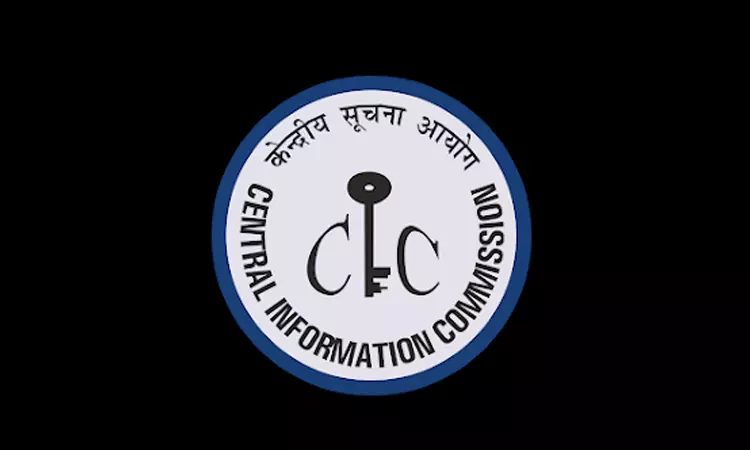13 Years On, Central Information Commission Is Held Together Only By An ‘Interim’ Order
Nipun Arora & Annanya Mehan
27 Aug 2023 10:00 AM IST

The Central Information Commission (CIC) is the apex body at the central level to ensure proper implementation of the Right to Information Act, 2005. The Delhi High Court had ruled in 2010 that its method of functioning is illegal and needs to be changed. This was stayed by the Supreme Court, and CIC’s current functioning is hanging just by this ‘interim’, unreasoned order, even 13 years later, with no final decision by the Supreme Court.
Central Information Commission – How It Functions
The Central Information Commission is tasked with the duty to ensure that the RTI Act is followed in its true spirit. As such, it has the power to hear appeals in case information is not supplied as per the provisions of the Act by any public authority under the central government. It also has the powers to impose penalties of upto twenty five thousand rupees on officers who are found to be in violation of the Act.
As per the RTI Act, CIC is supposed to consist of multiple commissioners, from varying backgrounds of “law, science and technology, social service, management, journalism, mass media or administration and governance”. Currently, 4 out of 5 commissioners are former bureaucrats.
Presently, the CIC follows a bench-system, that is, each of the commissioners sit separately to decide the cases. While this results in a quicker disposal of cases, the adjudicatory process does not benefit from having different persons from varying backgrounds on the commission – each case gets decided by a single commissioner, who decides it as per their own view solely. Interestingly, this is not how the CIC was contemplated to work – the commissioners were supposed to sit together and deliberate on the issue before them by applying their diverse experience.
The Delhi HC Ruling
The Delhi High Court in 2010 had ruled that the bench-system followed by the CIC is not permitted as it is ultra vires of the Act. The ruling further mentioned that the CIC cannot function as a court as it is purely a creature of the statute, and thus, any regulations and orders made by the CIC have to comply with the statute (i.e., the RTI Act).
The case that led to these observations are quite intriguing. An information commissioner, sitting singly, was of the opinion that the RTI Act was not being implemented properly by the DDA. In this backdrop, the CIC summoned the Vice Chairman of the Delhi Development Authority (DDA) – perhaps overzealously. It is to be noted that the penal powers of the CIC extend only to the officers mentioned in the RTI Act. The DDA promptly approached the Delhi High Court against the order of the CIC as well as various regulations framed by the CIC.
The Delhi High Court noted in its detailed judgement not only that the CIC did not have any power to summon officers in such manner, it also observed that the bench-system adopted by the CIC is also not permitted by the RTI Act. Thus, it struck down the regulations framed by the CIC that permitted this.
The Supreme Court Appeal & Decade Long Stay Order
The CIC immediately took the matter to the Supreme Court which ordered a stay on the High Court’s judgement to the extent it related to the CIC regulations. This order was made on 18th October, 2010. The appeal was thereafter adjourned several times for varying reasons. When it came up for hearing in 2017, it was noted in the order that the rules are being re-framed to “get rid of the legal imbroglio”, and thus the matter was adjourned twice.
No new rules have been introduced till now – i.e. over thirteen years after the initial controversy and over six years after the statement made in the court. The matter was last heard in March, 2023, when it was submitted on behalf of the CIC that the new rules have been framed by the Government of India, and another eight weeks’ time was granted by the court to put enact the rules. The new rules are yet to be put in force; there is no relevant information available on the CIC website.
For more than six years, the rules and regulations are being reframed to remove the legal controversy. Thirteen years have passed since the initial judgement by the Delhi High Court, yet, the CIC continues to function with the bench-system on the basis of the more-than-a-decade-old ‘interim’ order passed by the Supreme Court. No concrete measures have been taken to bring the functioning of this important democratic institution in line with the law of the land.
The authors are Advocates practicing at Delhi .Views are personal.


